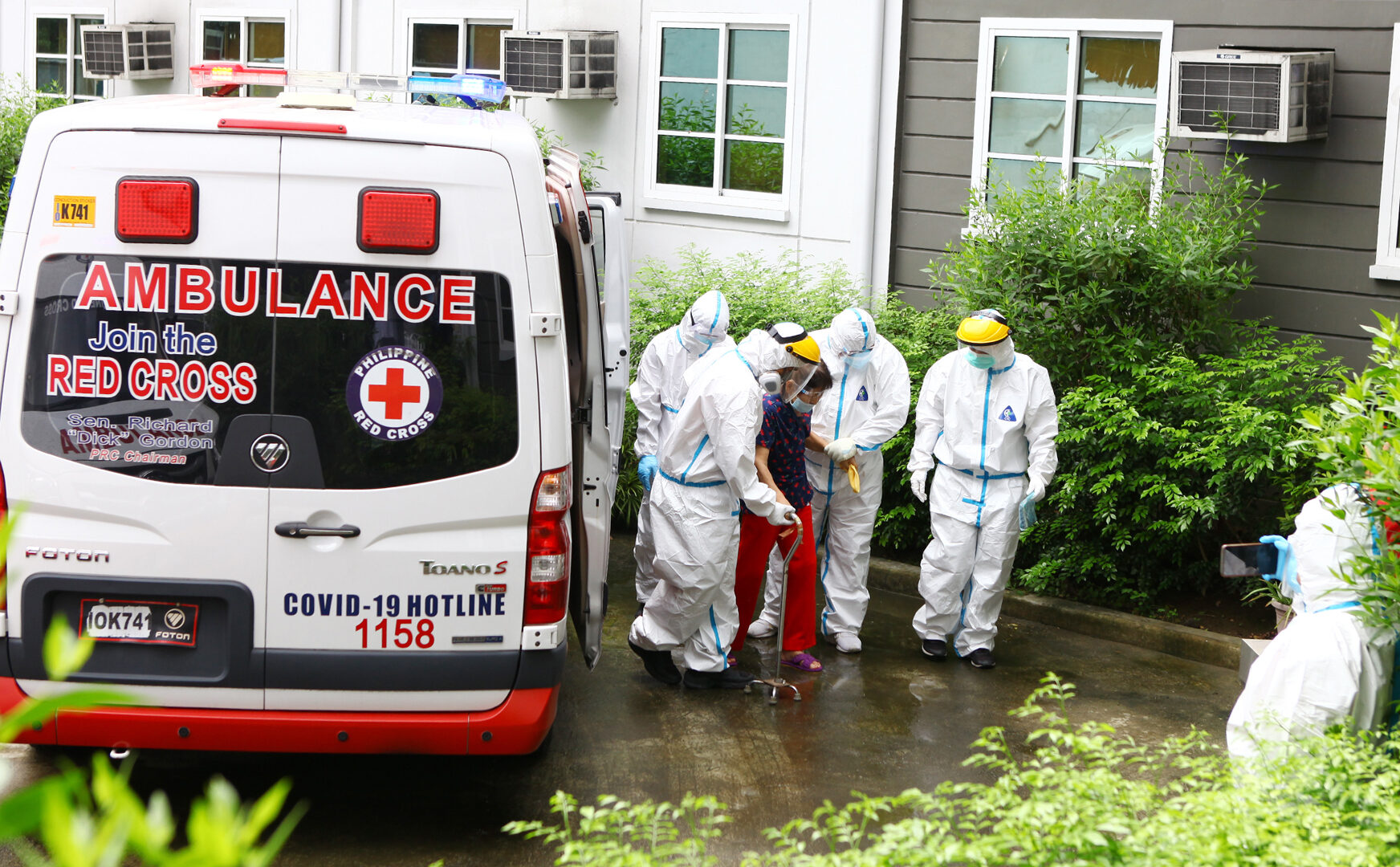President Ferdinand “Bongbong” Marcos Jr. has thrown his support behind the proposal to implement a “ladderized” program for nurses to “avoid brain drain.”
The chief executive made the remark during his meeting with members of the Private Sector Advisory Council (PSAC) in Malacañang Palace on Thursday, 12 August, to discuss ways to address the exodus of nurses and other health professionals.
“I like the ladderized idea for the nurses because that’s really becoming a problem – the brain drain that we are suffering,” Marcos said.
“They are so good everybody wants them, and they are willing to pay for it, and we are not, or we’re not able. So we have to come up with some strategies for that.”
While noting that the government cannot stop nurses from leaving the country for better opportunities, Marcos proposed to provide scholarships to keep them from migrating.
Department of Health (DoH) Officer-in-Charge, Undersecretary Maria Rosario Vergeire, told the President during the meeting about the ladderized program being carried out by the University of the Philippines-Manila and select local government units (LGUs).
Under the program, UP Manila offers a two-year scholarship for midwives who, upon course completion, come back to the community to serve.
She explained that once they gain experience, they go back to UP Manila, where they get to study nursing for another two years.
“So this ladderized program, there is this counterpart with local government. So we now have a couple of local governments that we have piloted this with. But of course, this would be – eventually para makapag-produce tayo nang madami,” Vergeire said.
Meanwhile, the Technical Education and Skills Development Authority (TESDA) was also tapped to help address this concern in the health sector.
Paolo Maximo Borromeo, PSAC Healthcare lead, said TESDA offers a six-month nursing aide course and produces graduates who could be deployed in hospitals after a few months.
“What the hospitals do is they train them further, another 30 days to do IG, to do phlebotomy, or ‘yung nasal – NGT. And it improves the ratio of beds that nurses [are] able to do in hospitals,” he said.
“Quick win like that is easy to do if you can encourage more nursing aides,” he noted.
He also suggested the institutionalization of nursing aides and nurse practitioners in a nursing act being discussed in Congress, incorporating provisions such as improved salaries and benefits for nurses.
